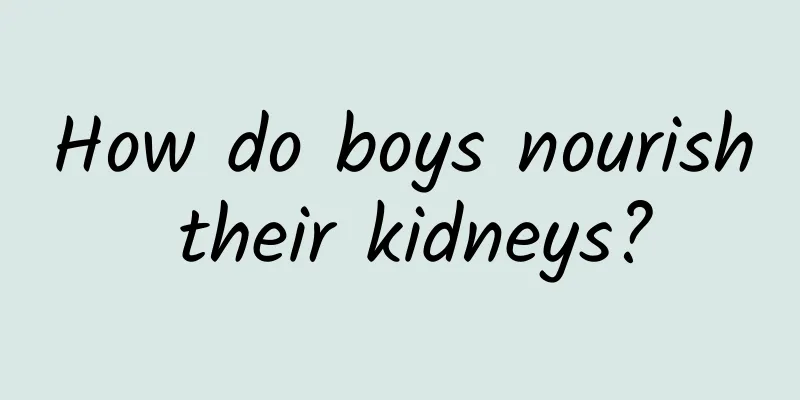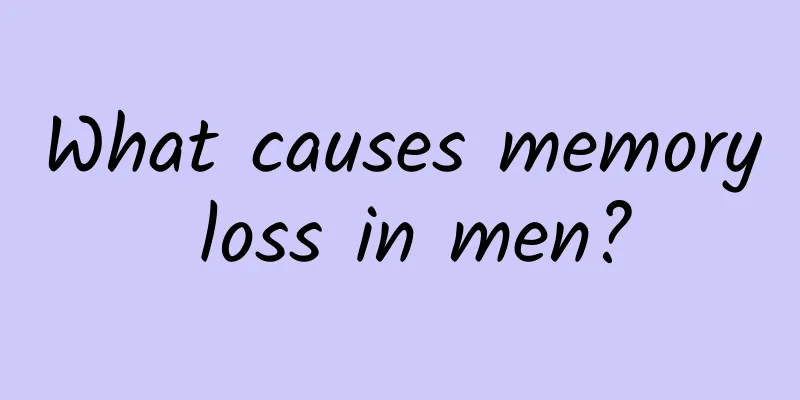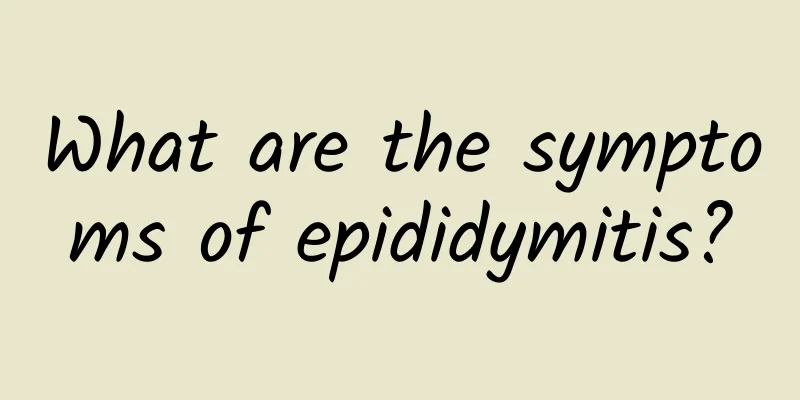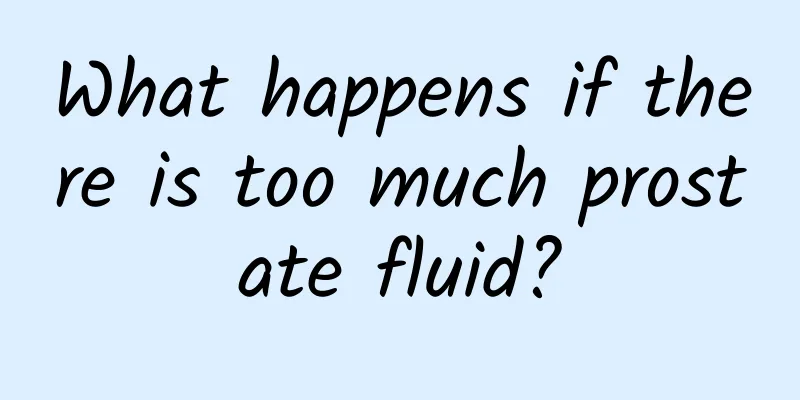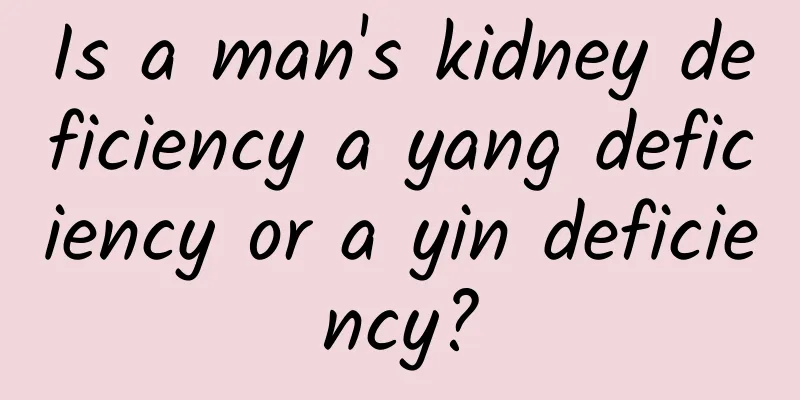What are the symptoms of elderly patients with depression?
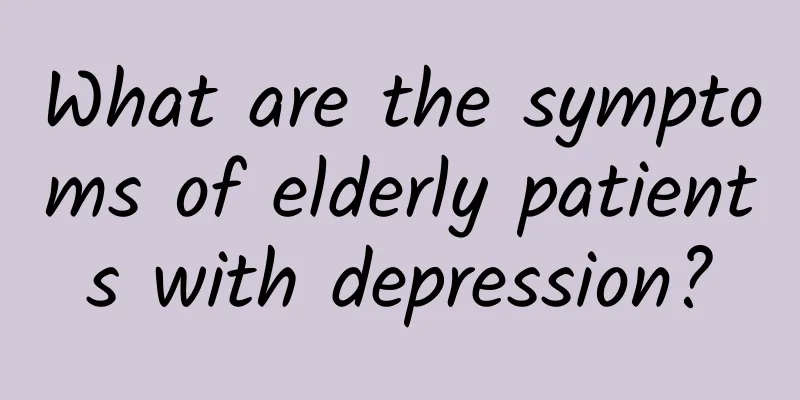
|
As society ages faster and faster, our concern for the elderly cannot only be reflected in their food, clothing and shelter. The elderly's inner world is also the focus of our attention. So what are the symptoms of depression in the elderly? 1. A mixed state of anxiety, depression, and agitation. Elderly patients are often unable to express their sadness well. They often say "it's boring, I feel bad" or show indifference to external things. They often deny or cover up their bad mood, or even put on a forced smile. Their relatives and acquaintances may not realize that they have serious emotional illnesses, but only think that they are "discomforting" physically. When they see a doctor, they grab their hands and keep complaining about their physical discomfort. Sometimes physical anxiety completely covers up depression. Some also complain for no reason that people treat them badly, which makes people feel at a loss. 2. Loss of interest. The inability of patients to experience joy is a common feature. Not only do patients lose their enthusiasm and joy for their previous lives, they are increasingly unwilling to participate in normal activities, such as socializing and entertainment, and may even live alone and alienate their relatives and friends. Some patients can talk, laugh, and have fun, but they just can't experience "happiness". Some patients who have recovered after treatment and can shed tears when meeting their families experience "happiness". 3. Decreased energy. Subjectively, they feel lack of energy, fatigue and weakness. In severe cases, they need help in everything while lying in bed all day. Elderly patients are often mistakenly believed to have serious physical diseases and sent to general hospitals for expensive medical examinations, which delays treatment. 4. Low self-evaluation. The patient underestimates his or her own condition, believes himself or herself to be worthless, and blames himself or herself. 5. Suicidal thoughts and behaviors. Elderly people often do not express themselves clearly. For example, they may say, "Give me an injection to kill me," but they deny having any thoughts of suicide. Elderly depression has a tendency to become chronic. Some people cannot bear the torture of depression, and the thoughts of suicide become stronger day by day, seeking relief through death. 6. Changes in mood day and night rhythm. The rhythmic change of patients' mood from heavier during the day to lighter at night is often used as one of the diagnostic indicators of endogenous depression, especially when accompanied by early awakening. Elderly people with milder symptoms feel more relaxed before going to bed, saying "the day is over" or can experience a calmer mood after turning on the lights at night. |
<<: How should we treat patients with depression?
>>: Symptoms and causes of depression!
Recommend
What kind of kidney deficiency does long-term hand floating cause?
Kidney deficiency is particularly common. Many me...
Why does my penis stay hard at night?
Men's penis often becomes hard, especially yo...
How should men maintain their health in autumn?
Autumn is a relatively comfortable season for the...
Can I marry a Sanyang boyfriend?
We often hear people talking about big three yang...
Why does ejaculation hurt?
Men will ejaculate after having sex. Normally, me...
What should I do if my sperm motility is low?
There are many reasons for low male sperm motilit...
How effective is epimedium in improving sexual performance? Here are three ways to tell you
Epimedium is a traditional Chinese medicine with ...
Friction of the glans causes blistering
The glans penis is a very important part. Frequen...
What are the symptoms of trichomonal urethritis in men?
Trichomonal urethritis is a common urinary system...
Symptoms of Yin deficiency and Yang hyperactivity in men
Yin deficiency and Yang hyperactivity is an unhea...
Circumcision swelling
In fact, more and more people have found symptoms...
What foods should men with kidney yin deficiency eat? You must eat these to nourish the kidneys
In life, some men have kidney deficiency, which c...
There are three typical types of men who are afraid of women.
Speaking of men and women, in life, some men are ...
What to do if there is a red spot on the glans
What should I do if there are red spots on the gl...
What is the reason for prolonged erection and testicular swelling and pain?
There is no need to explain the importance of tes...
